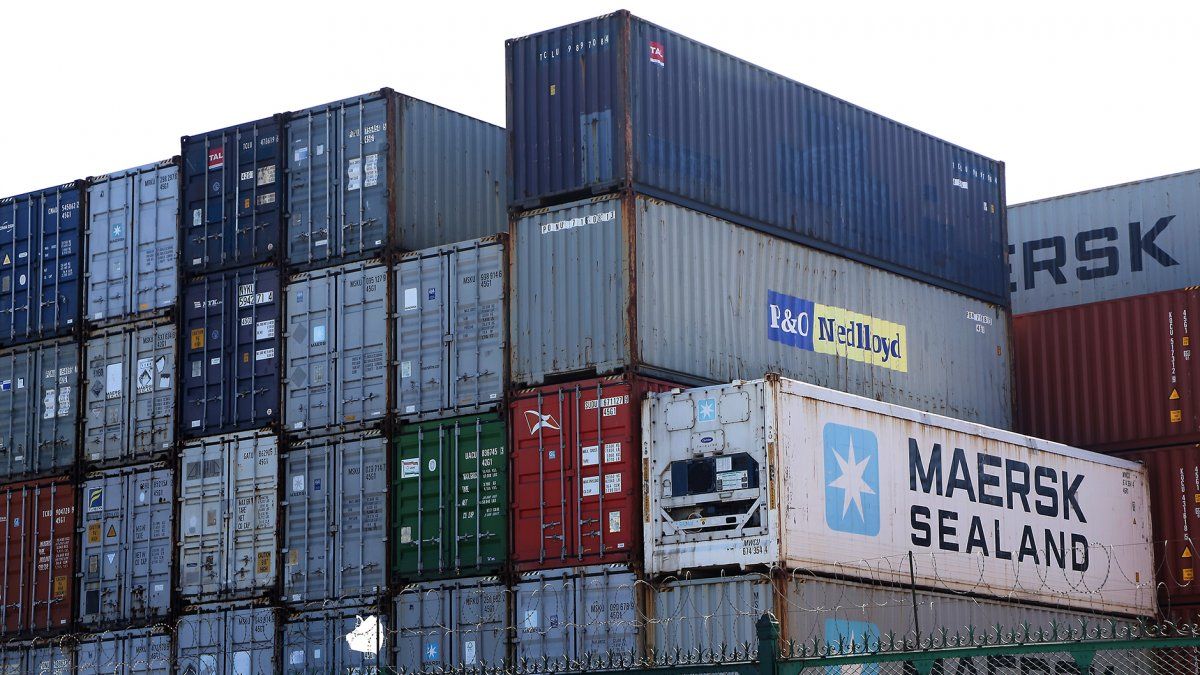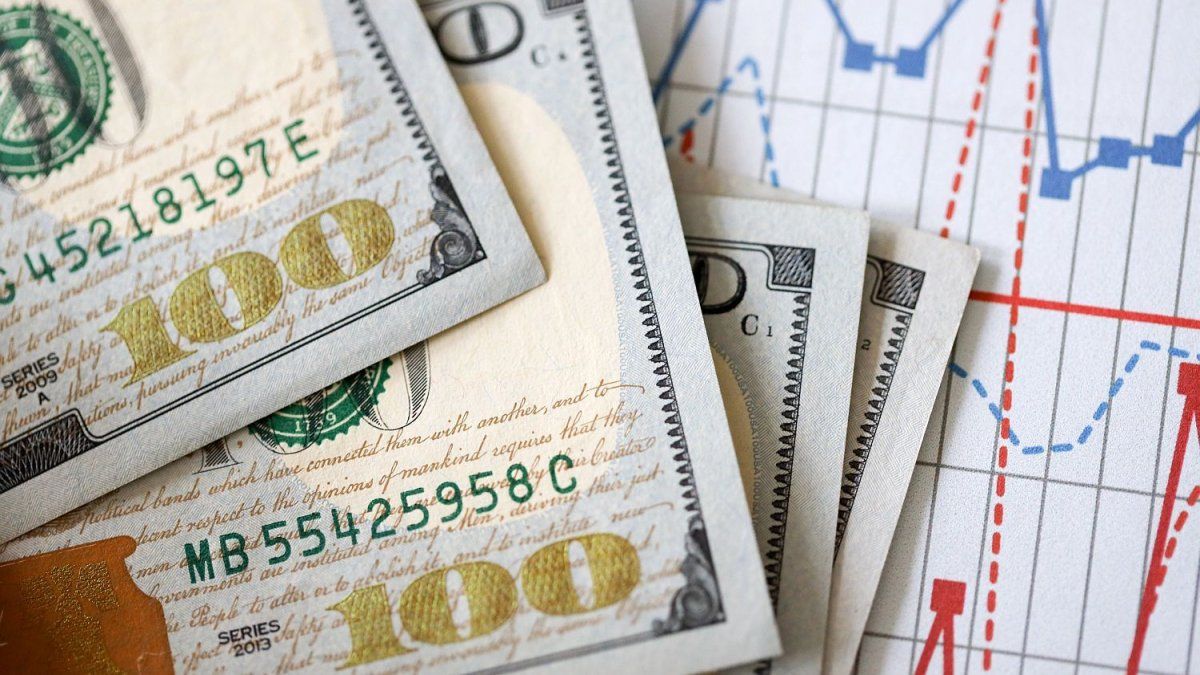These credit notes were directly affected to the export invoices and in this way the companies artificially reduced the total value to be received abroad. Thus, they avoided the entry of the real amount of foreign currency that they had to settle at the official exchange rate. The investigations of the Customs indicate that these are fictitious discounts, since when it comes to food there are hardly any partial reductions for quality, as can happen in other items. They explain, then, that they were made with the sole purpose of taking advantage of a foreign exchange gap business.
As Ámbito was able to find out, the companies that would have incurred in this maneuver are Unión Agrícola de Avellaneda, which is dedicated to the export of soy flour, and La Mucca SA, from the dairy sector. Between these two firms alone, the reduction in foreign currency income would have exceeded US$500,000. Although other operations are being investigated and it is not ruled out that there may be more cases.
As the exporters are obliged to liquidate and enter the foreign currency within a certain period, the Customs proceeded to make the corresponding complaint for violating the Customs Code. The imputation is for “inaccurate declaration”. The fines to be applied would exceed $70 million.
Consulted by this means, the general director of Customs, William Michaelexplained that the focus is on avoiding this type of fraudulent maneuvers in the future. “Beyond analyzing case by case, we are trying to generate a perception of future risk to try to correct the behavior”, said. Along these lines, he anticipated that he is working together with the AFIP to “improve data analysis capacity and the exchange of international tax information with other countries.”
The shortage of reserves is today one of the central concerns of the economic cabinet. On the one hand, Massa advances in a series of measures to increase the level of investment and accelerate sales abroad of sectors with export potential. But, on the other hand, they also aim to “take care of the dollars”. That is to say, that they actually enter the country and that they are then applied to the purposes that the Government considers a priority to sustain productive activity.
Along these lines, Customs has been investigating different maneuvers of import over-invoicing and export under-invoicing. They also put under the microscope a series of irregularities in the precautionary measures that were granted to companies to import, where the urgency would not be justified or even the merchandise would have been transferred to a third party. As Ámbito revealed, in one year more than 10,500 protections of this type were granted.
Source: Ambito
David William is a talented author who has made a name for himself in the world of writing. He is a professional author who writes on a wide range of topics, from general interest to opinion news. David is currently working as a writer at 24 hours worlds where he brings his unique perspective and in-depth research to his articles, making them both informative and engaging.




